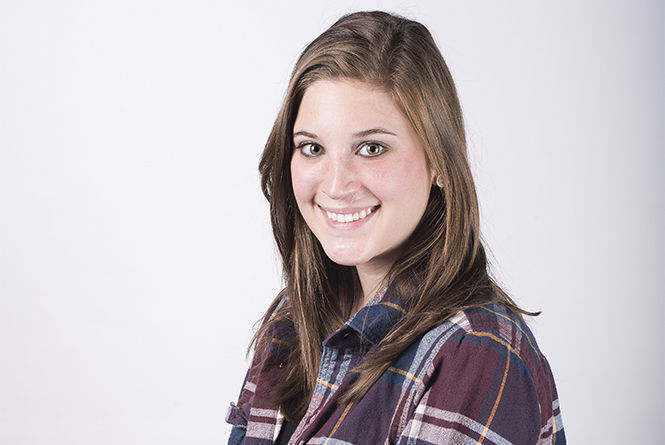Opinion: Be a part of the group
Skyler Chill is a sophomore communication studies major and a columnist for The Kent Stater. Contact her at [email protected].
December 4, 2014
For my last article this semester, I wanted to take the time to follow-up on my group and team project. I was amazed that we raised 2,300 books for Akron Children’s Hospital. We more than doubled our 1,000-book goal.
For starters, I learned that a small group could accomplish big things. Not only did we meet our goal, we doubled it (and then some). I learned that everyone brings something to the table — whether you know it or not, you do. We proved again and again to be effective. We made sure we met almost every day after class, discussed that day’s agenda, made sure the expectations were understood and we connected as not only group members, but as friends. We all took a load, which in hindsight helped us a lot.
Someday, I hope I can carry this newly found effective group behavior into my career. I know it’s not going to be easy, but if there is one thing I learned, it is to avoid groupthink at all costs. Nothing good comes from just agreeing with the pack and then moving on. Our best ideas came from when we challenged each other, and discussed all options — good and bad. It’s not a personal thing, which I think is the biggest misunderstanding about devil’s advocacy. You can’t take it personally when someone questions your idea. I learned that some criticism could actually produce the best product. Exploring all options (like where to put donation boxes for our book collection) is also essential. Hypothetically, if we had just looked for books in the Kent area, we might not have even met our goal. Due to our resources, and simply making an individual resource list, we were able to discuss ties and affiliations in all kinds of different places. People want to help; you just need to present them with an opportunity. You have to advertise what you are doing, which is something we learned. Nothing was worse than having people tell us they had books and then didn’t know what to do with them. If you want people to help you, you have to be very thorough and specific. You have to pave the way for the people that are attempting to help you.
As I have mentioned before, our society really underestimates the power of a young adult. There is a certain kind of stigma that middle-aged adults and beyond are the only ones who can “do it.” We as college students are not given a chance to show our skills, but this class changed all that for me. I now have a project under my belt that helped many children learn and enjoy the importance of reading, while fighting their own personal battle. We have been working all our lives for now. We doubled our goal. We showed our community that not all college kids are “punks.” We want a chance to shine and show more people that we are capable of making big things happen. Other groups in the class inspired me, too. We are all willing to help each other; we just need that initial opportunity to show what we have to offer. If more people allowed college kids to do projects like this, the world might see a huge positive change.
























